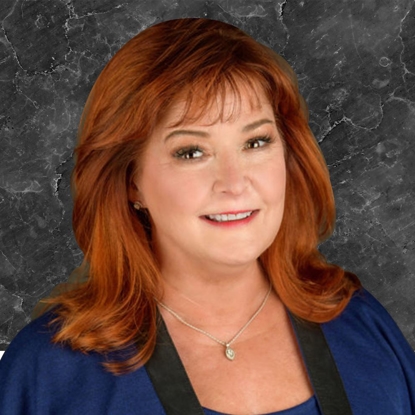
Rochester Hills Trusts Lawyer
Professional and Quality Legal Guidance
Like wills, trusts are important documents that establish terms for asset distribution to specified heirs. Whether you seek to draft a trust document or understand an existing one, it is important to speak with an experienced attorney. Our legal professionals at Little & Boylan PLLC can take a look at your situation and provide you with the quality legal guidance you deserve.
Dial (248) 809-1402 or submit a contact form here to schedule a free consultation today.
What Is a Trust?
Under the Michigan Trust Code (MTC), the capacity required to create, amend, revoke, or add property to a revocable trust is the same as that required to make a will. In a trust, the trustee is the person who holds legal title to property for the beneficiary, and the person who creates the trust is usually called a grantor or settlor. Trusts may take different forms depending on an individual’s needs and goals:
- Revocable Trust — can be amended during the grantor’s lifetime
- Irrevocable Trust — cannot be amended
- Living Trust — created while the grantor is alive, and property put into the trust is not subject to probate
- Testamentary Trust — created as part of a will and takes effect when the grantor dies
Note that unless the terms of a trust expressly provide that the trust is irrevocable, the settlor may revoke or amend the trust in any of the following ways:
- by substantially complying with a method provided in the terms of the trust; or
- if the terms of the trust do not provide a method or the method provided is not expressly made exclusive:
- if the trust is created pursuant to a writing manifesting clear and convincing evidence of the settlor's intent to revoke or amend the trust; or
- if the trust is an oral trust, by any method manifesting clear and convincing evidence of the settlor's intent.
Responsibilities of a Trustee
A trustee may be responsible for:
- locating, safeguarding, and inventorying all trust assets, including real estate; personal property, like household items; securities, such as stocks and bonds; bank accounts; life insurance policies; and retirement, profit-sharing, and deferred compensation accounts;
- paying debts, expenses, and costs, as well as settling creditors’ claims;
- keeping records of all transactions and disbursements;
- communicating with and reporting to beneficiaries;
- administering the trust, which may include investing assets;
- distributing assets in accordance with the trust terms.
In addition, Michigan law also imposes other specific responsibilities like loyalty, impartiality when there is more than one beneficiary, care and prudence in administration, and separation of the trust assets from the trustee’s own assets.

Meet Your Attorneys
Zealous Advocates Bringing Over 40 Years Combined Experience

Little & Boylan Is The Right Choice
Knowledge. Experience. Results.
-
We Are a Full-Service Law Firm Here for All Your Legal Needs
-
We Are Dedicated to Success
-
Your Initial Consultation Is Free
-
We Have Over 40 Years Combined Legal Experience
-
We Consistently Outperform Our Clients' Expectations
-
Our Firm Is Top-Rated & Award-Winning

